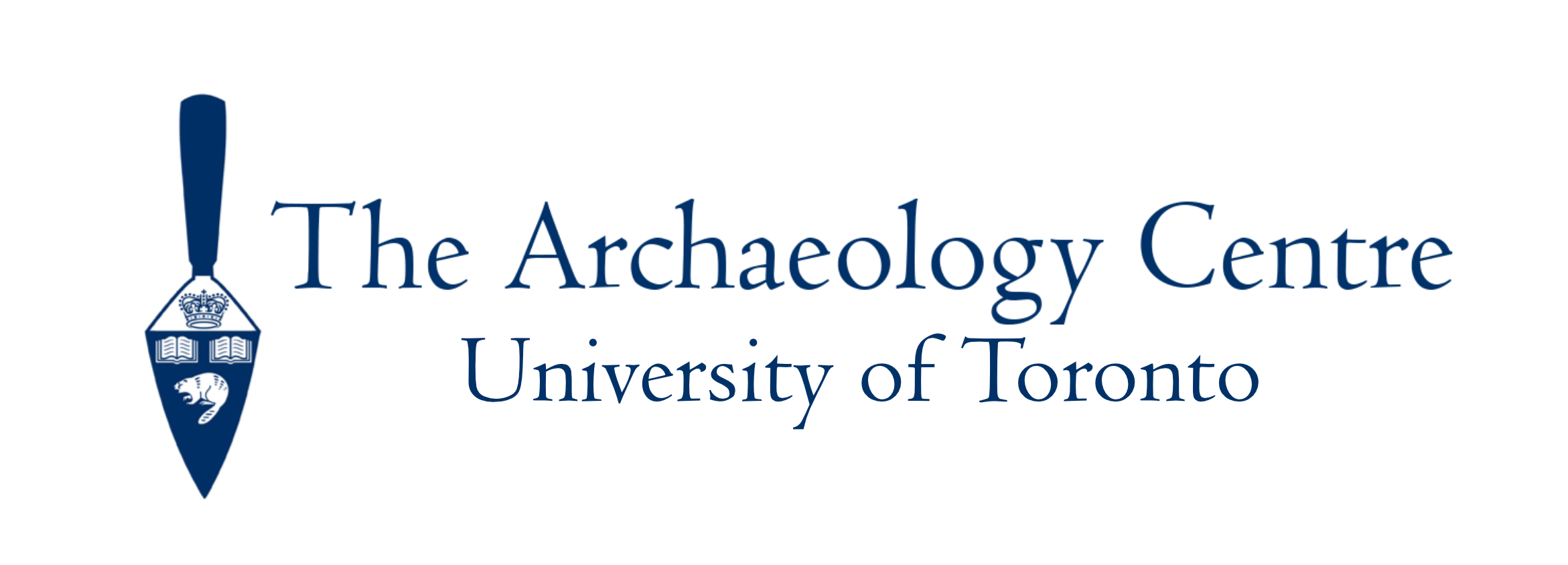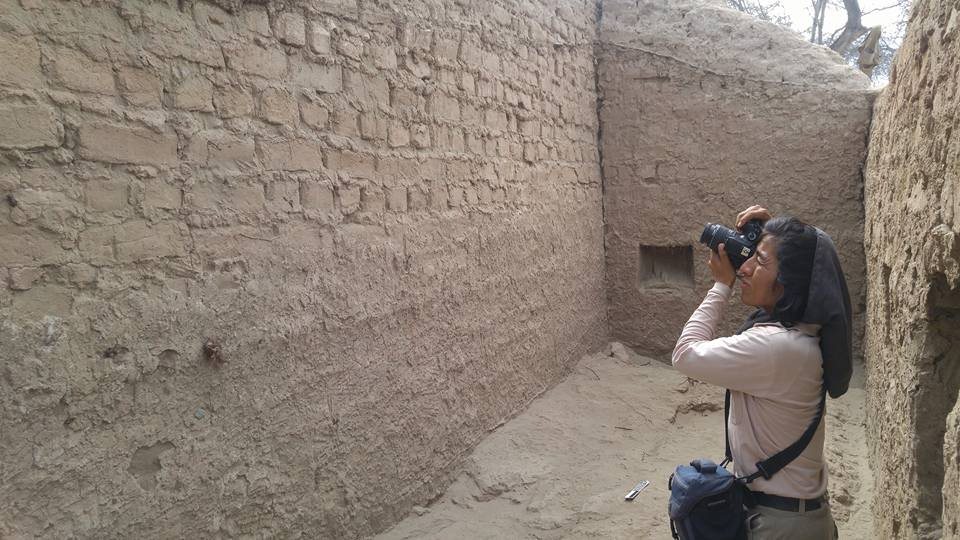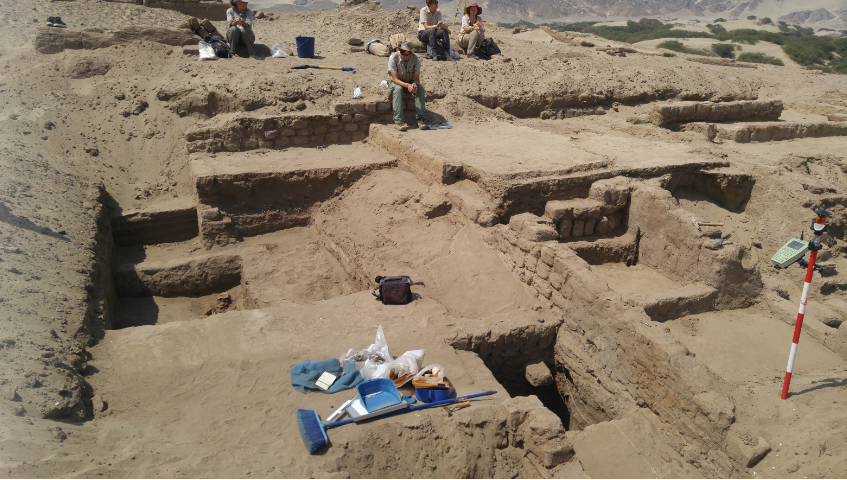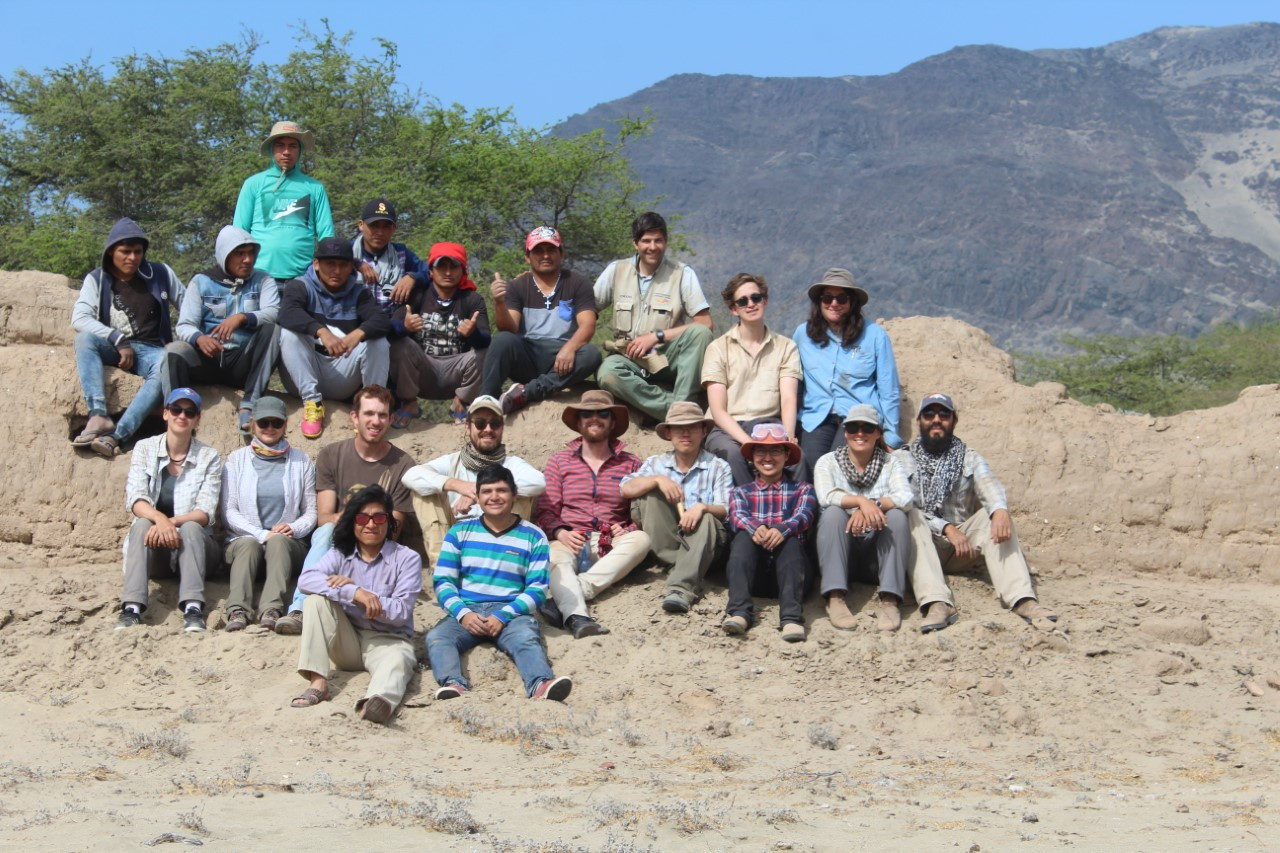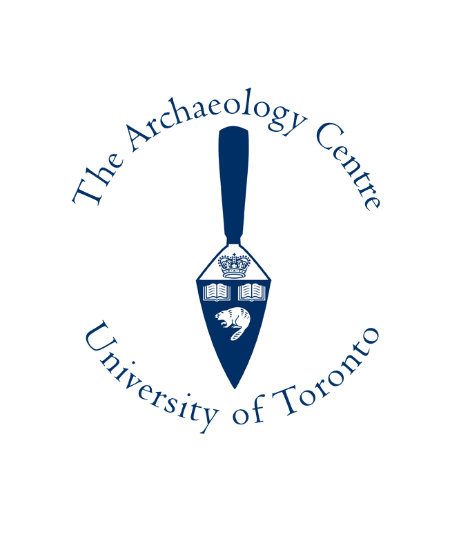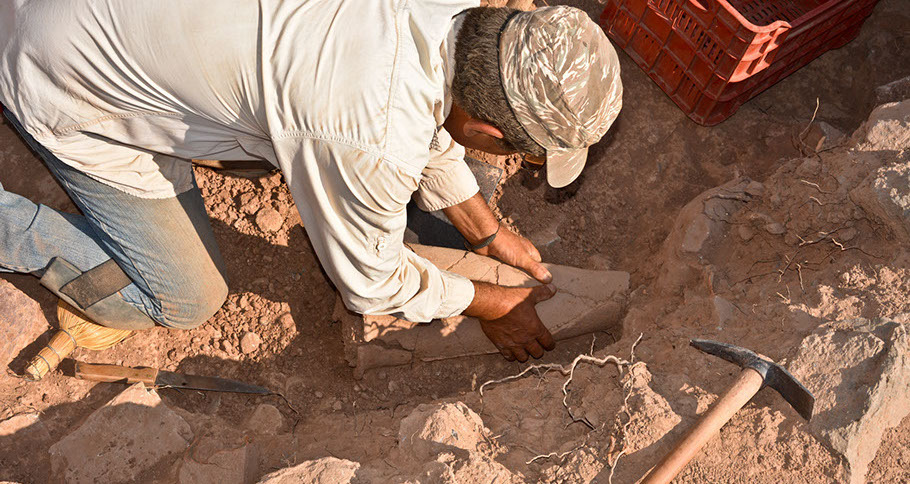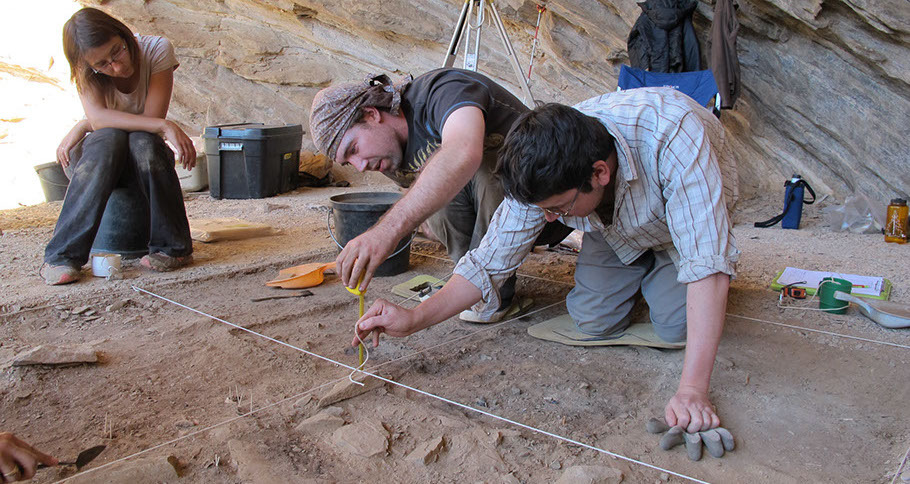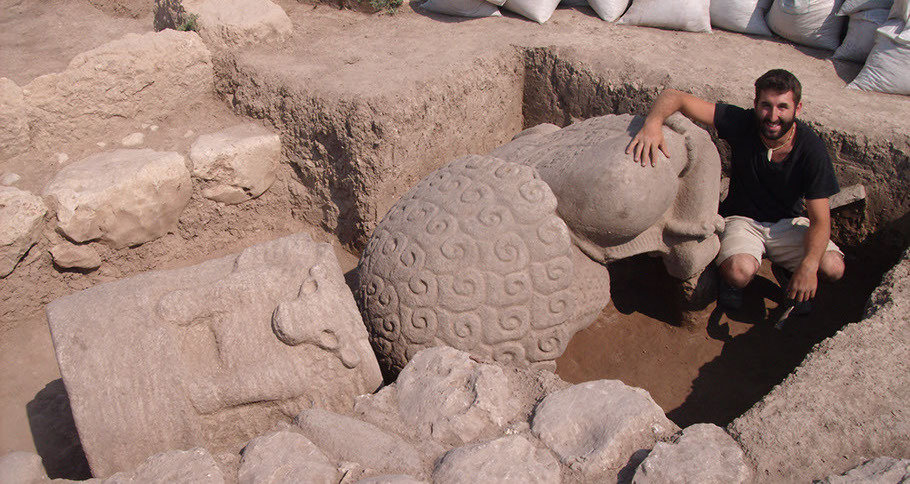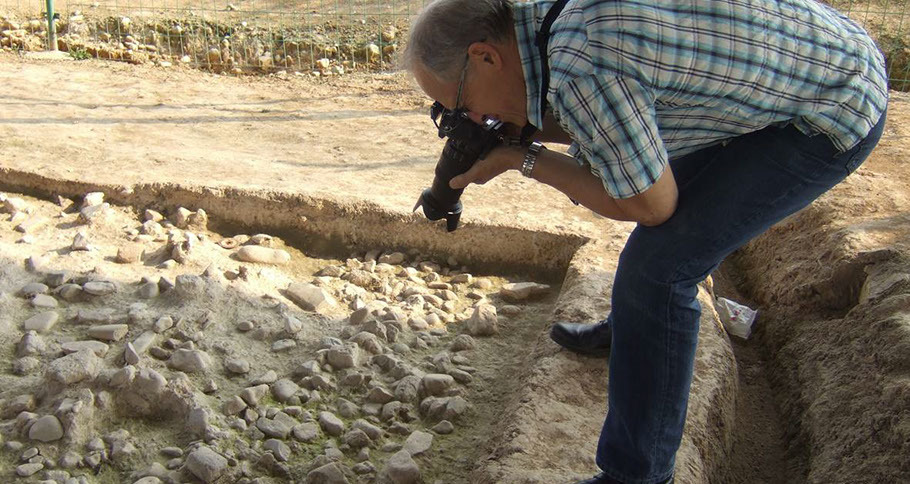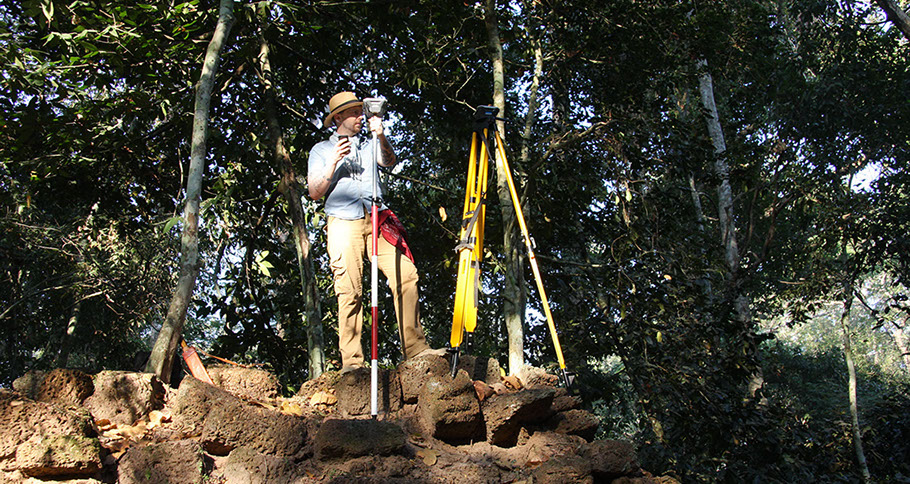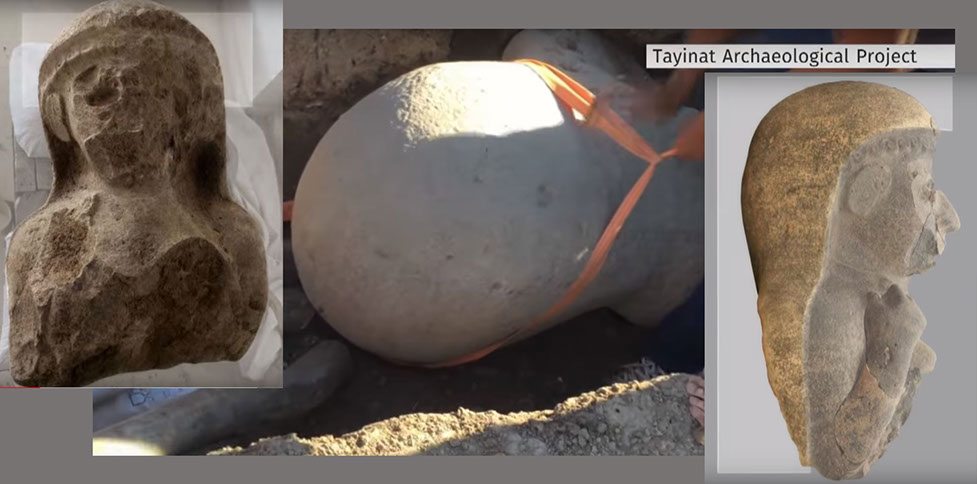About the Archaeology Centre
The Archaeology Centre is a community that brings archaeologists and people interested in archaeology together across the University of Toronto and beyond. We aim to provide a centralized hub of information about opportunities (e.g., field schools, scholarships, etc.) and events (e.g., lectures, interest groups, symposia, etc.) related to archaeology. We are not an academic unit at the university and do not offer courses for credit or degree programs. Please do not email the Archaeology Centre with questions about degree requirements. If you are interested in academically pursuing archaeology at the University of Toronto, please see the following departments for more information and contacts, as well as UofT’s Mediterranean Archaeology Collaborative Specialization (MACS):
- Department of Anthropology
- Department of Art History
- Department of Classics
- Department of Near & Middle Eastern Civilizations
- Department of Earth Sciences
Regular Interest Groups
The Faunal Interest Group
The group has convened by-weekly (times TBA; in the Archaeology Centre boardroom AP140 at 19 Ursula Franklin Street) since September 2007. The group discusses new and old issues of zoo archaeological method and theory. For more information, please contact Alicia Hawkins at alicia.hawkins@utoronto.ca.
Next meeting: TBD
NEW: The Collections Interest Group
Join the Collections Interest Group and discuss a wide array of topics regarding the care, preservation, and public education of artifacts and histories in a collections setting. Whether you are interested in a career in the museum world, plan on interacting with collections in some capacity, or simply find an interest in the curation and preservation of histories, this group is for you. Topics of discussion look to explore the relationship between ‘the institution’ which houses objects and the communities which interact with its stories, the role of ever-evolving technology in a collections/museum setting, and sustainable collections management that serves present, past, and future generations. Interested? Please contact Savanna for more information (s.buehlmanbarbeau@mail.utoronto.ca).
Next meeting: TBD
6th Debates in Archaeology Conference – September 19th – 20th, 2025
The Archaeology Centre presents: the Sixth Annual Debates in Archaeology Conference: Teaching the Past to Impact the Present: Engaging Students for a 21st C World.
With several recent publications and conference sessions on teaching and learning in archaeological undergraduate education, pedagogy is having a moment in the spotlight. Course instructors recognize that changing how and what we teach is fundamental to disciplinary transformation and to creating new generations of archaeologists who understand the power dynamics inherent in archaeological practice, the importance of community-engagement, and the links between archaeology and heritage.
A 21st Century archaeology classroom contains both students who wish to become archaeologists and heritage professionals, alongside those who will choose a whole range of different and diverse careers beyond archaeology and heritage. What does an undergraduate degree in archaeology offer this range of students? We think it can offer a lot. Archaeology is about relationships between materials, landscapes, people, and power that not only help us understand the past, but the present, and the future. A considered archaeology education then, can play a role in creating an engaged, questioning, disruptive, transformative and emancipated student body (Cobb and Croucher 2020, sensu hooks 1994).
In this Debates session, we bring together instructors who have been thinking critically about their teaching, and by extension, the value of an archaeological education. For example, how can we design and teach curricula that contain the potential for transformation, or learning that will be remembered over the long term? Can we develop courses that teach archaeological concepts and skills, but that also help students see possibilities in what feels like an increasingly complex world? How can we help them to make sense of the new and unfamiliar? An education in archaeology is not going to solve the world’s problems, but can we encourage action, push-back against injustice, and counter despair?
Papers in this session address these questions through several sub-themes: Climate Crisis, the Anthropocene and Resilience; Emancipatory Pedagogies; Digital Teaching and Digital Disruptions; Beyond the Classroom; Playful Learning and beyond: learning and assessing differently. As leaders in this field and the founders of Society for Teaching and Learning in Archaeology and Heritage, Hannah Cobb (University of Manchester) and Karina Croucher (Bradford) will be keynote speakers at this event.
References Cited
Cobb, Hannah and Karina Croucher. 2020. Assembling Archaeology: Teaching, Research, and Practice. Oxford University Press, Oxford.
Hooks, Bell. 1994. Teaching to Transgress: Education as the Practice of Freedom. Routledge, New York.
